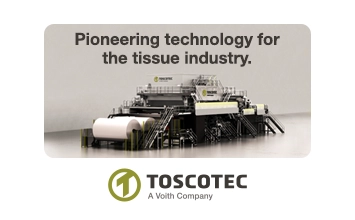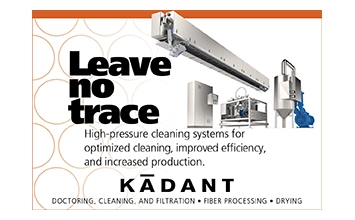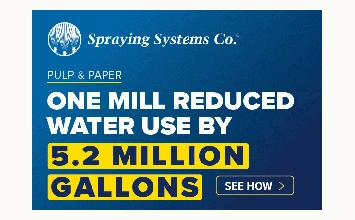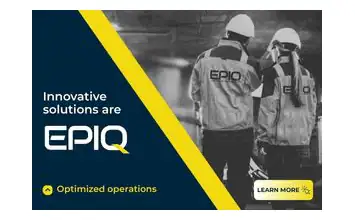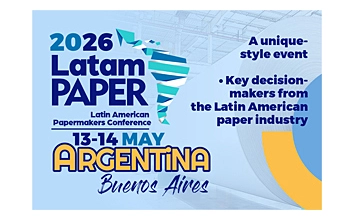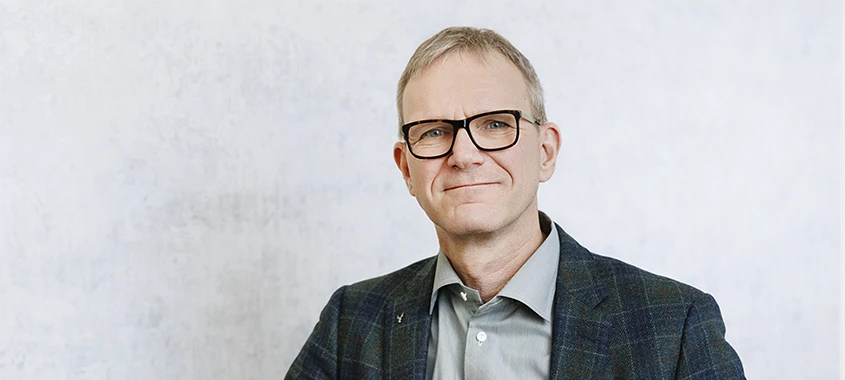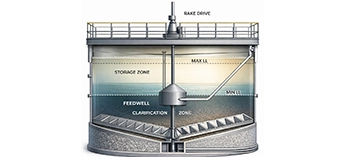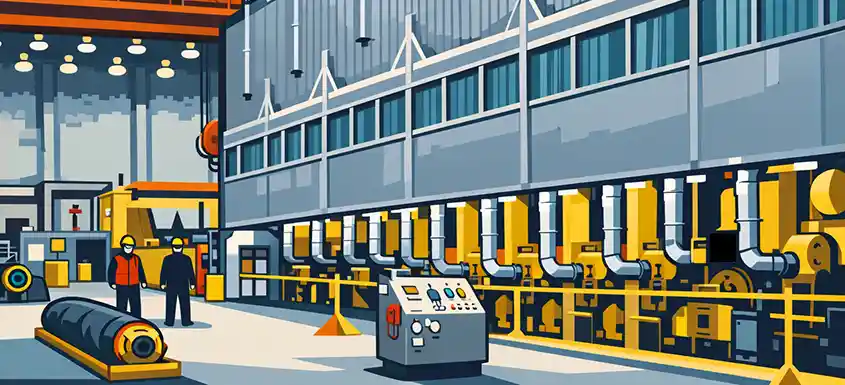Mondi Dynäs had experienced an unacceptable level of incidents for several years. Many traditional safety activities were initiated but did not translate to fewer accidents.
We needed to do something different, and we needed to do it fast; every employee has the right to go home unharmed.
A programme based on behavioural change was initiated using modern safety techniques that make safety personal, important, and relevant to each employee, contractor, and visitor to our site. The programme was developed by employees for employees and has a strong focus on connecting safety to personal values and goals. We are proud to call our programme DNA - Dynäs No Accidents - and together have created a workplace where we care about each other, and everyone strives to come home unharmed every day.
When safety feels personal and meaningful to people, they are more likely to take it seriously and prioritise it in their actions and decisions. We wanted to change our way of work, and shift focus from the workplace elements to people. The main challenge for us was that we needed to change the culture of our organisation in order to reach the improvement; we needed people to want and choose to work safely and to care about wellbeing of their fellow coworkers. We required a major shift from believing that poor safety was a management problem to it being an issue of personal responsibility to work safe whereby everyone wins.
DNA is about:
- Creating a culture of openness
- Involving everyone in decision making
- Customising training and education
- Telling personal stories and thereby connecting safety to personal values and goals
- Developing an attitude where we choose to follow rules and regulations
- Caring about each other and showing that care every day
- Empowering people to make safety a priority
- Embracing risk awareness and responsibility
- Acknowledging everyone’s right to a safe workplace
The following steps were taken to turnaround the situation:
Step 1: Current safety mindset and perceptions of our safety culture and safety leadership were investigated. Eighty people were interviewed individually and in groups including employees and external contractors. The survey was conducted anonymously by an external company to encourage honesty and true perceptions of how safety was approached in Dynäs. The results reflected a poor safety culture within Dynäs with no sense of personal responsibility.
Step 2: The first workshop involved aligning and accepting the current status. The truth can be difficult to face and accept. The name DNA was developed in this workshop. The workshop included site management, Chief Safety Representative and union representatives.
Step 3: The second workshop aimed to obtain a commitment from employees to create the culture and future we wanted together. The workshop included site management and both formal and informal leaders, the Chief Safety Representative and union representatives. Approximately 100 people participated and built a solid vision for the upcoming safety journey.
Step 4: A total of 12 volunteers from amongst the employees were educated as seminar leaders.
Step 5: Several four-hour seminar workshops were conducted for our own employees and permanent contractors in mixed constellations, with a lot of reflection and discussions. Theoretical models, personal stories and experiences, safety behaviours and a movie that connected with people’s emotions were presented. A representative from the management team was always present to start the seminar and shared a personal experience and emphasised that management will always support you if you choose not to do an unsafe work.
Step 6: The program's legacy continues through recurring seminars for new hires. In our annual “Making a Difference Day” event, a special seminar was arranged for managers to introduce a helpful deck of safety cards with different topics to continue working with DNA.
Step 7: We are currently extending DNA focus to diversity and inclusion with a deeper exploration of values, fostering a better understanding among employees and aiming for an even more open working climate. We keep holding seminars for all employees and permanent contractors in all departments performed by the department manager and one seminar leader.
The program transformed safety into a personal, relevant, and important aspect of employees' daily lives, influencing choices and actions. The initiative created a culture of awareness, caring, engagement, and ownership. This project stands out due to its holistic approach in addressing safety challenges. The key was to involve the employees in creating this programme which resulted in commitment. Multifaceted activities, including workshops, seminars, several videos, and symbolic representation, ensured a comprehensive impact. The team takes pride not only in reducing incidents but also in fundamentally transforming the mindset and behavior of individuals, creating a workplace where safety is not just a policy but a shared commitment, and where safety is in our DNA.
Source: Mondi




